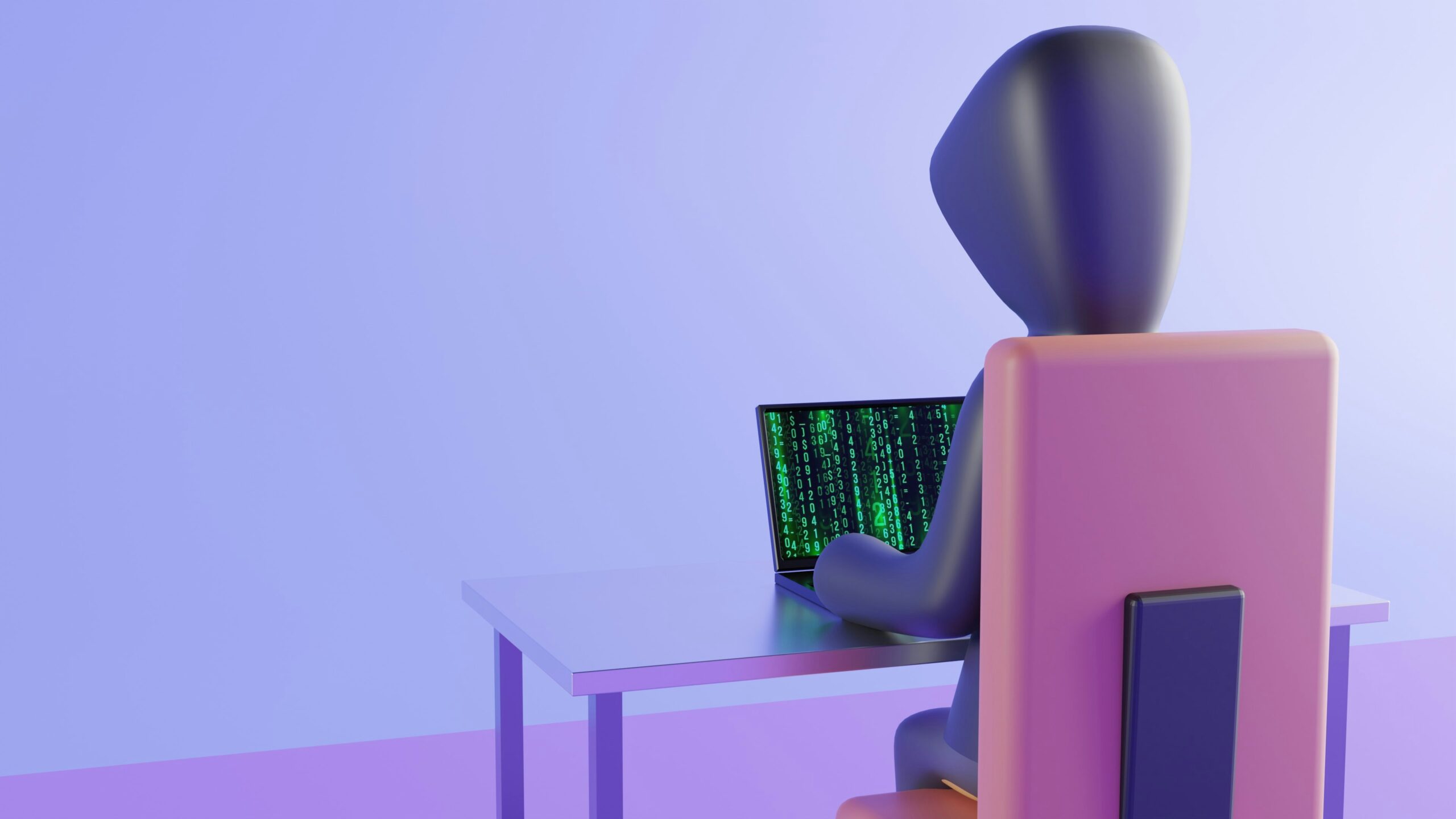In today’s digital-first world, we shop, bank, work, and even socialize online. But with so much convenience also comes risk. Cyber criminals don’t just target big corporations—they go after anyone, including regular people. That’s why understanding the basics of cyber security is something everyone needs.
🧠 Why Cyber Security Knowledge Matters
Think about it: you wouldn’t leave your house door wide open at night. Yet online, people do the digital equivalent every day—using weak passwords, clicking random links, or ignoring security updates.
Cyber security knowledge helps you:
- Protect your money 💵 (from banking fraud or scams)
- Keep your privacy 🔒 (personal chats, photos, and data safe)
- Avoid identity theft 🆔 (no one wants their name tied to crimes they didn’t commit)
- Stay safe at work 💻 (because one weak link can affect the whole company)
⚠️ Common Phishing Attacks
Phishing is one of the most common tricks cyber criminals use. Here’s what you should look out for:
- 📧 Email Phishing: Fake emails pretending to be from your bank, PayPal, or delivery company.
- 📱 Smishing: Scam messages sent via SMS or WhatsApp, usually with “urgent” links.
- 🎯 Spear Phishing: Targeted attacks that use your name or company details to sound real.
- 📋 Clone Phishing: A real-looking email you’ve seen before, but with a malicious link swapped in.
👉 Pro tip: If it feels too urgent or too good to be true, it probably is. Stop, think, and double-check before clicking.
📰 Recent Incidents That Show Why This Is Important
- Hospitals hit with ransomware, locking out doctors from patient records until a ransom was paid.
- Major companies experiencing data breaches, exposing millions of usernames and passwords.
- Seasonal scams—like tax return fraud or fake pandemic relief emails—tricking people into giving away details.
These stories prove one thing: cyber attacks can affect anyone.
✅ Final Thoughts
Cyber security doesn’t mean becoming paranoid—it means becoming aware. Just like you lock your doors, fasten your seatbelt, or wash your hands, you should build simple online safety habits:
- Use strong, unique passwords 🔑
- Turn on two-factor authentication 📲
- Keep software and apps updated ⏫
- Stay skeptical of suspicious links or attachments 👀
At the end of the day, cyber security isn’t just for tech experts—it’s for everyone.
